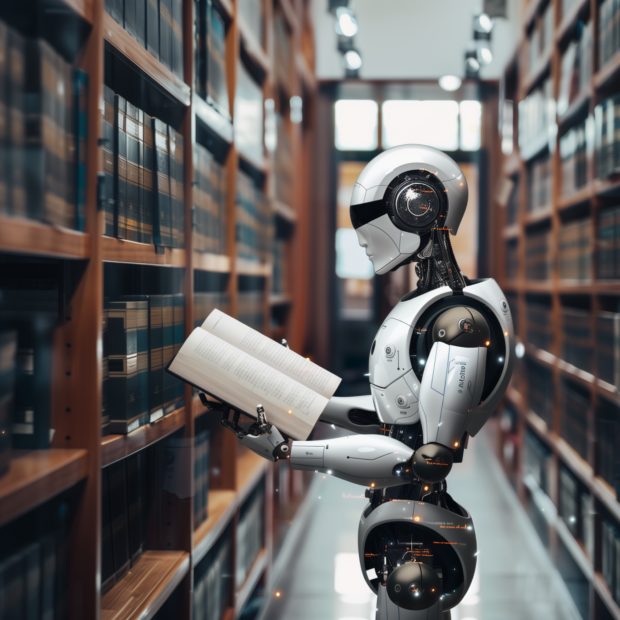As generative artificial intelligence drives the innovation of legal tools, insurance defense experts are wary that failing to keep up with the plaintiffs’ bar’s technological advances could lead to a competitive disadvantage.
Executive Summary
With different incentives driving their investments, plaintiffs' lawyers will likely be quicker than defense attorneys to adopt technology, including generative AI tools, to assess case potential, speed up legal research, write demand packages and more. While neither side has tapped the full potential yet, examples of tech companies giving AI-driven support to personal injury lawyers are already popping up. In addition, litigation finance firms are playing "Moneyball" with predictive analytics and machine learning to value cases, defense experts warn.“And in the insurance world, that becomes real, and that becomes real money,” said Robert Tyson, managing partner at the Tyson & Mendes law firm and author of “Nuclear Verdicts: Defending Justice For All.”
Carrier Management recently interviewed Tyson and two other insurance defense experts about the impacts generative AI could have on insurers. Their perspectives were all unique, but a cautionary thread linked them together.
“If we just talk about the tech at a very high level, the easiest way of thinking about it is that the worst-case scenario, in my mind, is that the plaintiff bar uses it and the defense bar does not,” said Taylor Smith, a consultant to insurance defense professionals. “So, the risk for me is falling behind. I think this is one of those scenarios where keeping up is probably the biggest challenge.”





































